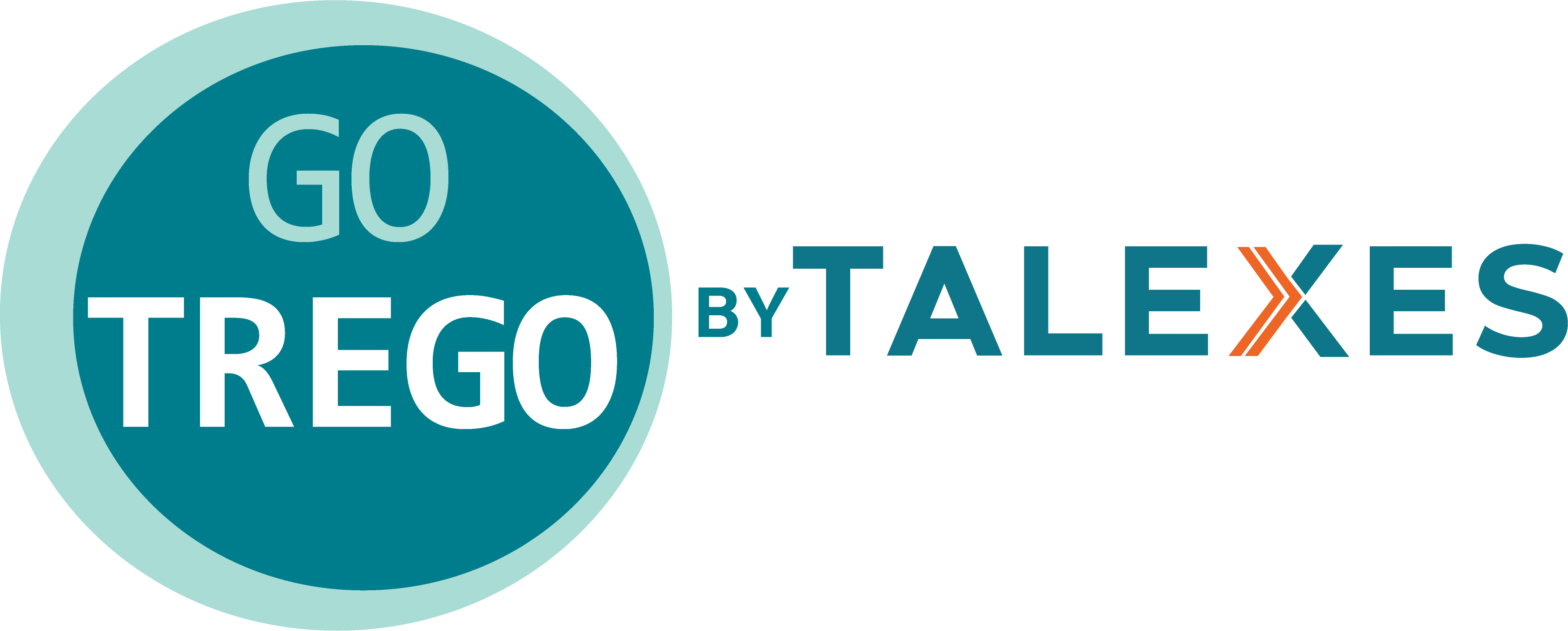In today’s fiercely competitive business environment, organizations recognize the imperative of nurturing talent to maintain a competitive edge. However, conventional performance evaluation methods often fall short in identifying skill gaps and fostering talent growth effectively. Enter competency-based assessments, heralded for their prowess in addressing these challenges. Here are nine key advantages of competency-based assessments in talent development and skill gap identification:
- Precision Skill Gap Identification: Competency-based assessments offer a laser-focused approach to pinpointing skill gaps within the organization. By evaluating employees against specific competencies pertinent to their roles, organizations can precisely identify areas requiring additional training or development, thus enhancing talent development strategies’ effectiveness.
- Personalized Development Plans: One standout feature of competency-based assessments is their ability to tailor development plans to individual employees’ requirements. By discerning each employee’s strengths and improvement areas, organizations can devise personalized development plans, ensuring targeted and impactful skill enhancement initiatives.
- Objective Performance Evaluation: These assessments provide a more objective framework for evaluating employee performance, minimizing bias and subjectivity risks. Focusing on observable behaviors and measurable outcomes enhances evaluation fairness, transparency, and the alignment between individual performance and organizational goals.
- Alignment with Organizational Objectives: Competency-based assessments closely align with organizational objectives and strategic priorities. By defining role-specific competencies, organizations ensure that talent development efforts directly contribute to overarching business goals, thus driving organizational performance.
- Enhanced Employee Engagement: Clear expectations and performance feedback provided by competency-based assessments significantly enhance employee engagement. Understanding role-specific competencies and receiving feedback on performance against them motivates employees to improve, leading to higher job satisfaction, productivity, and retention rates.
- Facilitation of Succession Planning: These assessments play a pivotal role in succession planning by identifying high-potential employees and preparing them for leadership roles. Proactively assessing employees’ readiness for advancement based on competencies ensures a robust talent pipeline for key positions, supporting organizational continuity.
- Continuous Learning and Development Culture: Competency-based assessments foster a culture of continuous learning and development. Regular performance feedback encourages employees to take ownership of their growth, driving innovation and organizational performance improvement.
- Alignment with Employee Development Goals: Aligned with employees’ development aspirations, these assessments provide explicit feedback on strengths and improvement areas, guiding employees towards growth opportunities aligned with their long-term career goals.
- Measurement of ROI: Competency-based assessments enable organizations to measure the ROI of their talent development initiatives. Tracking employees’ competency progress allows for data-driven decisions regarding future investments in talent development.
Competency-based assessments emerge as indispensable tools for talent development and skill gap identification. Their targeted approach not only aligns development efforts with organizational goals but also enhances engagement, fosters continuous learning, and enables data-driven decision-making. Embracing competency-based assessments empowers organizations to unlock their workforce’s full potential and thrive in today’s fiercely competitive business landscape.





